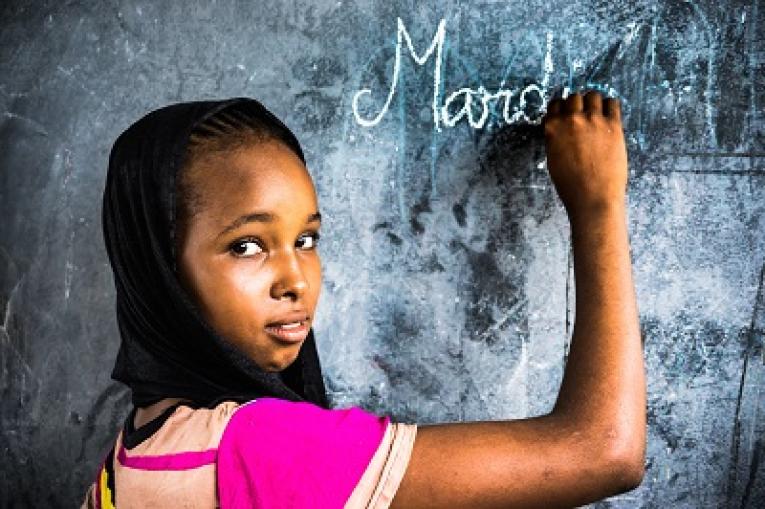Period poverty is a serious human rights concern. It refers to the lack of access to sanitary products, menstrual hygiene education, toilets and washing facilities, and, or, waste management. In combination with a cultural shame and stigmatization attached to menstruation, people who menstruate, mostly women and girls, around the world are often excluded from basic activities. It also prevents them from going to work and school every day.
Many girls and women cannot afford menstrual sanitary products. Adding to this, many are also experiencing tampon tax, also known as the “pink tax,” (named after the frequent marketing of pink products towards women). Some countries have abolished the tax on period products as luxury items, while others still use this type of gender-based discrimination. Period products should be considered as health necessities, and not a luxury product. Getting rid of the pink tax will not end period poverty; there are still too many people who cannot pay for them at all and are forced to choose between buying food or menstrual supplies, or even selling their body in exchange for sanitary products. Scotland, New Zealand and a handful of US states have passed laws mandating schools provide period products to students, but we still have a long way to go. Women living in poverty in both the developed and developing world are especially vulnerable.
Menstruation is highly stigmatized around the world, and educating girls and boys on menstruation at an early age, both at home and in schools, would break stigmas around this natural process. Many girls skip school while on their period to avoid teasing by classmates and also because of the lack of menstrual products. Period poverty and the stigmatization stops women from reaching their full potential when they miss out on education opportunities and girls who do not receive an education are more likely to enter child marriages, or experience early pregnancy, domestic violence, and pregnancy complications as a result. Period shame disempowers women, causing them to feel embarrassed about a normal biological process.
Globally, according to UNICEF, 2.3 billion people live without basic sanitation services and in developing countries, only 27% of people have adequate washing facilities at home. This makes it substantially harder to manage periods safely and with dignity. As an example in India, only 12% of women have access to sanitary products; as an alternative unsafe materials like rags and sawdust are used. Living in conflict areas, or in the aftermath of natural disasters, also makes it more difficult for women and girls to manage their periods. Poor menstrual hygiene causes health risks and has been linked to reproductive and urinary tract infections.
No one should be held back because of their period. To fight period poverty, we need to normalize menstruation and destroy the stigma through education and we have to enforce policies to make menstrual products and sanitation easily accessible and affordable.

